
Met Office mystery over rare ice circle formed in Devon
An unusual rotating ice circle, normally found in the cooler rivers of Scandinavia or North America, has formed in the UK waterways.
The cause of the rare phenomenon is unclear, with very little scientific evidence available to explain the formation of the discs. UFO-enthusiasts claim that, like crop circles, the perfect discs are created by visiting aliens, but scientists believe the extreme cold weather combined with an unusual current is the more likely reason.
The 10ft disc was seen by a rambler on the River Otter in Devon, who estimated that it was spinning through 360 degrees every four minutes.
The Meteorological Office said today that they could not explain why the ice circle appeared last week.
“We’re kind of a bit stumped to be honest,” a spokesman said. “Our best guess, and it is a guess, would be that it was formed by some kind of a circular eddy set up in the river. We have not seen anything like this before and we’ve no idea why they seem to be more common in Scandinavia.”
The disc was spotted on January 7 as temperatures in southern England reached as low as minus 10C. The freeze caused unusual behaviour amongst British wildlife, which is ill prepared for such conditions. The rare cold snap may also have caused the ice formation, which has been recently recorded and investigated in the US and Sweden.
Mystery has surrounded the discs since they were first described as long ago as the nineteenth century. A drawing of an ice circle was published in the Scientific American in 1895. Illustrated London News also catalogued one that formed near Toronto in 1930 under the headline “Jack Frost describes a circle”.
The lack of a clear explanation from the scientific community allowed conspiracy theorists to add the ice circles to the annals of “unexplained phenomena” until 1993 when MIT attempted to end the debate.
Ice circles began to form on the Charles River in Cambridge, Massachusetts, which runs through the MIT campus, prompting scientists at the university to study their formation. David Ricks, an ocean engineering graduate, helped systematically rule out effluent from submerged pipes, down draughts from helicopters, alien activity, bubbles from decomposition and underwater springs.
He concluded that eddies from the Harvard bridge caused parts of the sheet ice to break away and the movement of the ice created circular holes which were filled by further ice formation. Other theories suggest that slow moving rivers can create eddies which spin the ice until it takes on a circular shape.
Photographs of the phenomenon emerged from Russia recently, and it appears that the discs are quite common in Norway as well as Sweden, where they have been recorded on the River Ljusnan measuring up to 200m wide, as well as on the River Pite and on Lake Hotagssjon.
WEATHER NOTE
Flooding like that which devastated the North of England last year is set to become a common event across the UK in the next 75 years, new research has shown.
Flooding like that which devastated the North of England last year is set to become a common event across the UK in the next 75 years, new research has shown.
A study by Dr Hayley Fowler, of Newcastle University, predicts that severe storms - the likes of which currently occur every five to 25 years across the UK - will become more common and more severe in a matter of decades.
Looking at 'extreme rainfall events' - where rain falls steadily and heavily for between one and five days - the study predicts how the intensity of these storms may change in the future.
Dr Fowler found that across the UK, the amount of rain falling during one of these extreme events was likely to increase by up to 30 per cent by 2080. This increase is most likely to occur in autumn, winter and spring when the ground is already saturated, posing the biggest threat of flooding.
Dr Fowler, Reader in Climate Change Impacts at Newcastle, explained: "Predicting how extreme rainfall might change many years in the future is very difficult because events can be quite localised, especially in the summer.
"You only have to think about how difficult it is for the Met office to predict the weather two or three days in advance - the overall picture for the country tends to stay the same but local weather patterns can change quite dramatically.
"By taking a much more detailed look at the results from different regional climate models, we have created a more accurate picture of how wet Britain will be by 2070.
"What the data quite clearly shows is that we're going to see far more of these extreme downpours in years to come, putting more and more homes at risk from flooding, particularly in autumn and winter months when the ground is already saturated."
The research, published online today in the International Journal of Climatology, looks at changes to seasonal extreme rainfall across the UK by 2070-2100.
Dr Fowler, who worked on the study with Dr Marie Ekstrom from Exeter University, examined seasonal rainfall data from 13 Regional Climate Models for nine regions across the UK and used this to study the projected changes.
Consistent with global warming, the team found that as the air becomes warmer and is able to hold more moisture, Britain will get wetter.
In general, the study suggests larger changes to the intensity of short duration extreme rainfall events - those lasting one or two days. Northern and western regions of the UK are predicted to be worst hit.
Dr Fowler added: "Unfortunately, we still have least confidence in the model's predictions for the summer months and it is still highly uncertain how summer flash flooding such as the Hull and Hereford and Worcester floods in 2007 will change.
"What our data does show is that floods are no longer going to be freak events. All 13 models we looked at predict increases in extreme rainfall in winter, autumn and spring by the 2080s although the percent increase varies.
"This has major implications for flood risk management. We need to be looking now at where we build new homes, drainage systems and water storage in order to protect our homes and businesses from flooding in the future."
Episodes of short-term extreme rainfall - such as was seen in Morpeth in 2008 - are predicted to increase in intensity by between 15 and 30 per cent.
In winter, one day downpours are predicted to increase in intensity in all regions with Scotland and northern England seeing changes of more than 20 per cent. Smaller increases are projected for southern regions, particularly south-east England.
In autumn, some regional climate models project potentially very large increases in extreme rainfall, with a rise of up to 60 per cent in some regions such as north-west England.
Note: This story has been adapted from a news release issued by the Newcastle University
MARITIME NOTE
Stranded men call pub for rescue
Two Frenchmen who became stranded on a Cornish cliff with their dog have been rescued after calling a pub for help.
The trio were cut off by the tide in Trebarwith Strand, but did not know who to call for assistance, the Maritime and Coastguard Agency said.
The men decided to call a directory inquiry service and ask for the number of a pub they had passed earlier in the day - The Port William, near Tintagel.
Dozens of people went outside the pub with their pints to watch the rescue.
Pub owner Sue Sleight, 56, said the men were unable to pinpoint their exact location.
"We picked up the phone and the signal wasn't very good, and obviously they were foreign," she said.
"I thought he was saying the road was closed and he wanted to know how to get to the pub, because he kept saying he was stuck.
"But I soon realised he was on the beach. We went out but couldn't see anything, and we thought we just had to phone the coastguard.
"To be honest, if we hadn't phoned the coastguard, they could have been there all night. The coastguard were just brilliant."
The RNLI lifeboat from Port Isaac and Boscastle coastguard rescue team were called out to search the cliffs near Trebarwith Strand and the men, aged 21 and 35, were found, along with their dog.
A Royal Navy helicopter from Culdrose lifted them from the cliffs. All were unharmed. Peter Bullard, watch manager at Falmouth Coastguard, said: "The two French men were unaware of the 999 or 112 emergency numbers and so decided to call a pub that they had passed on the way to the beach.
"It's very fortunate that we found them as quickly as we did."
RS

























































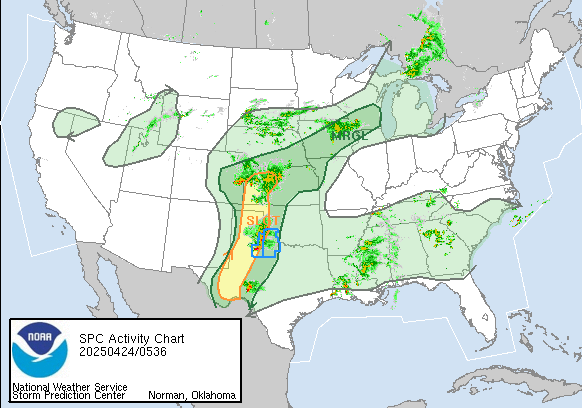
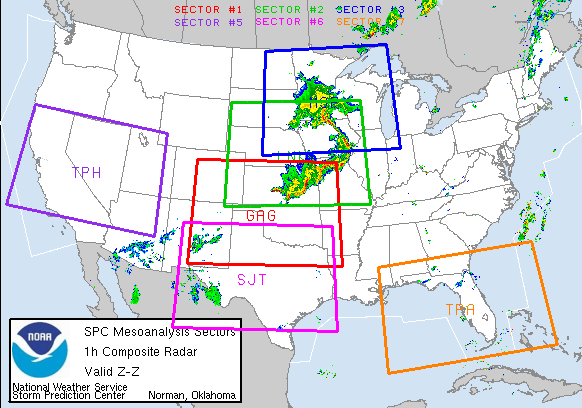














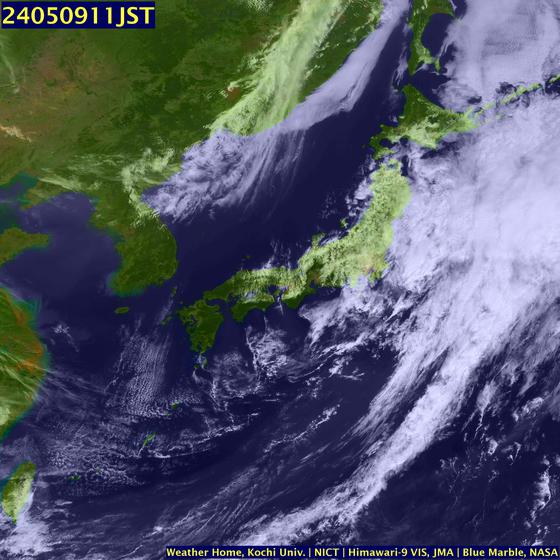

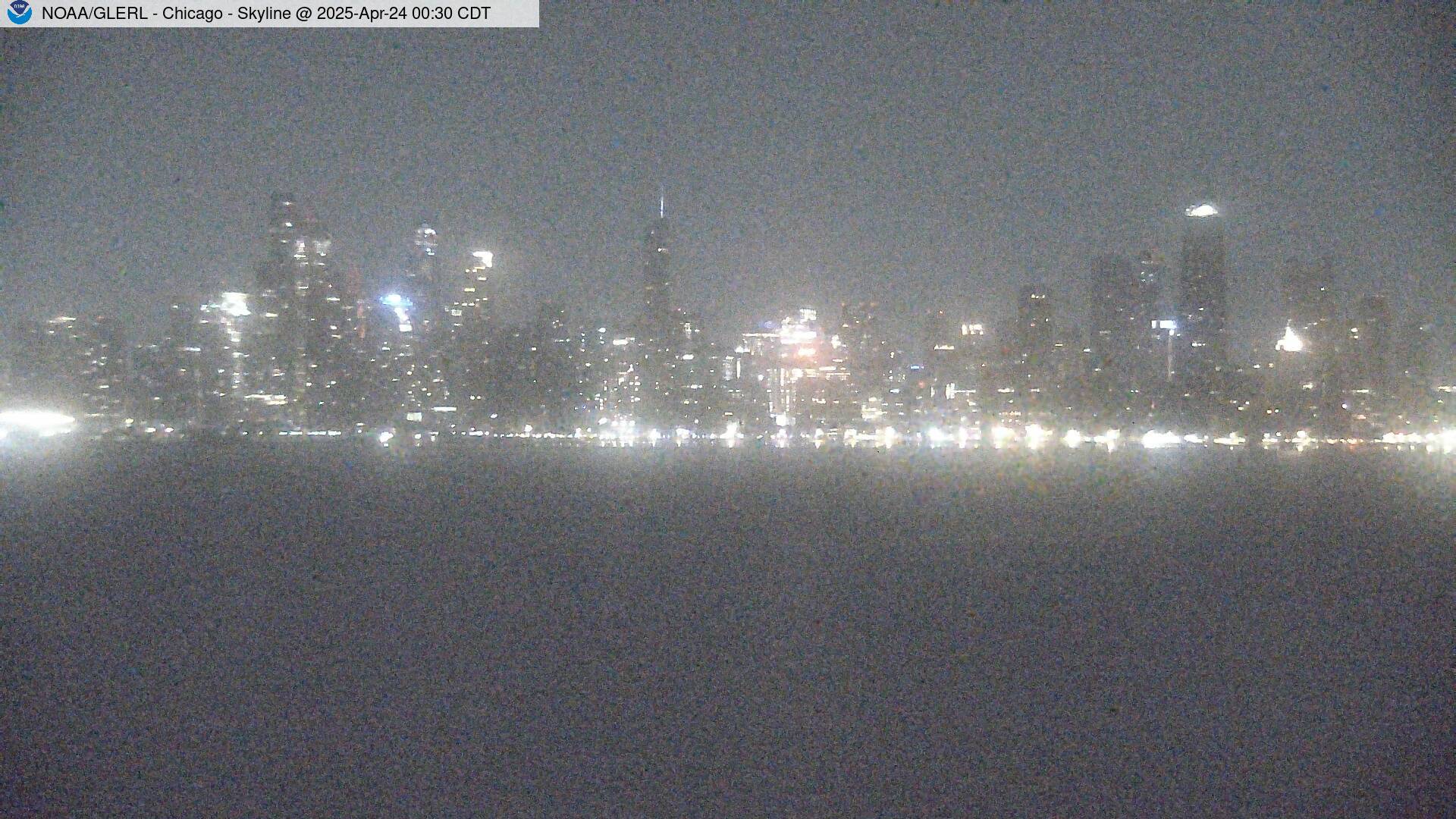












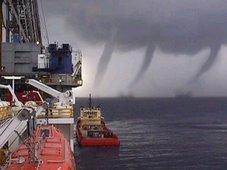
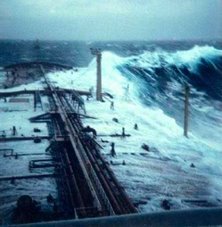
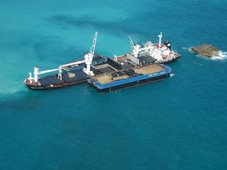
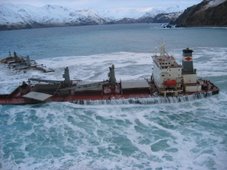
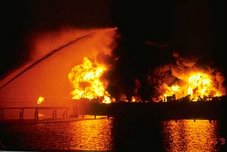
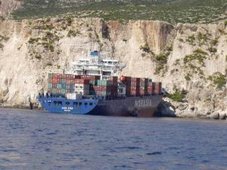




![Validate my RSS feed [Valid RSS]](valid-rss.png)